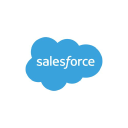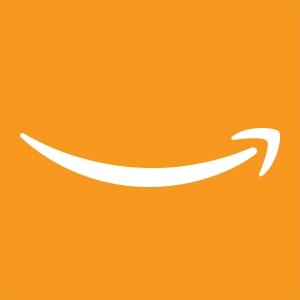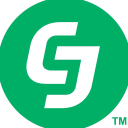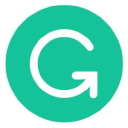How I Created An Annual Conference That Generates $1.6M/Year
Hello! Who are you and what business did you start?
Hi, I’m Philip Taylor, CPA, blogger, and personal finance nerd living in Texas. I created FinCon, an annual conference and trade show for content creators and brands in the personal finance niche.
I offer passes to attend the event as well as exhibits and sponsorships. My customers are primarily personal finance creators and brands.
I grew the event from nothing to 3,000 attendees and $1.6 million in revenue in less than ten years.

Avoid a VIP mentality with your event. Keep the equity spread out and the hierarchy flat. You have to lead by example here. Don’t make yourself the star of the event. Don’t make speakers the stars. Make your attendees the stars.
What's your backstory and how did you come up with the idea?
I was born in a small-town...






























































